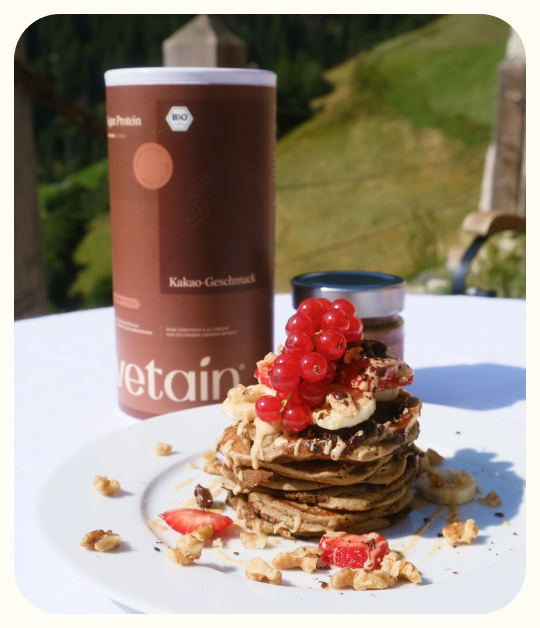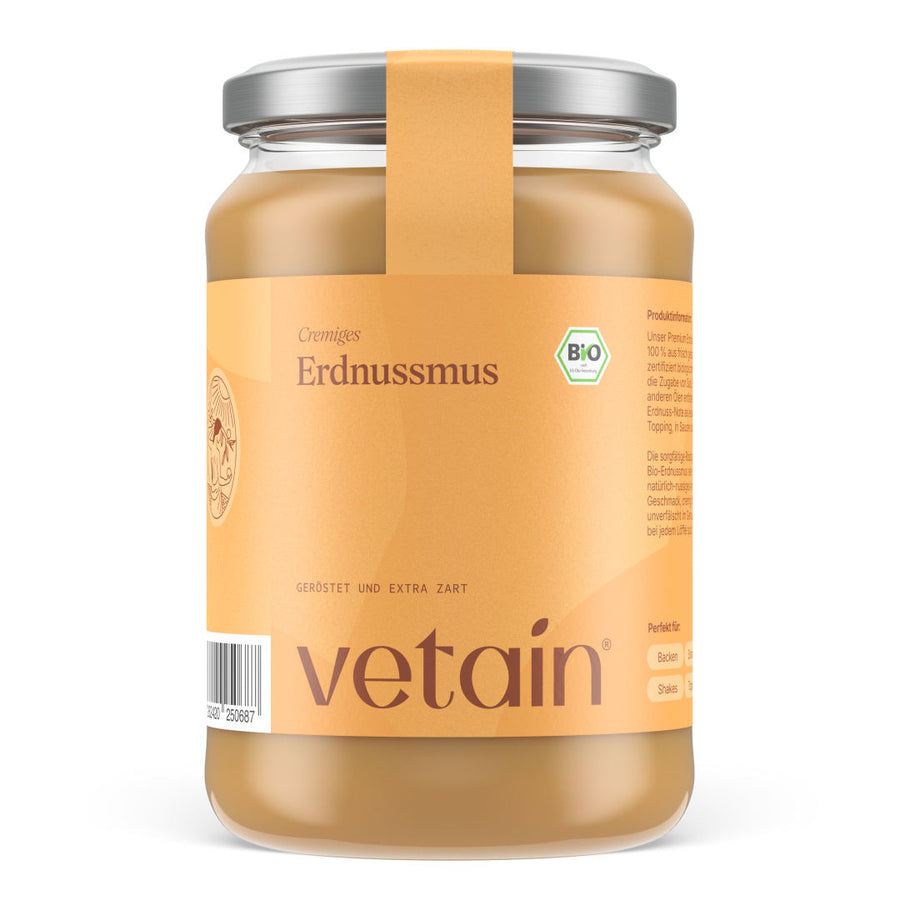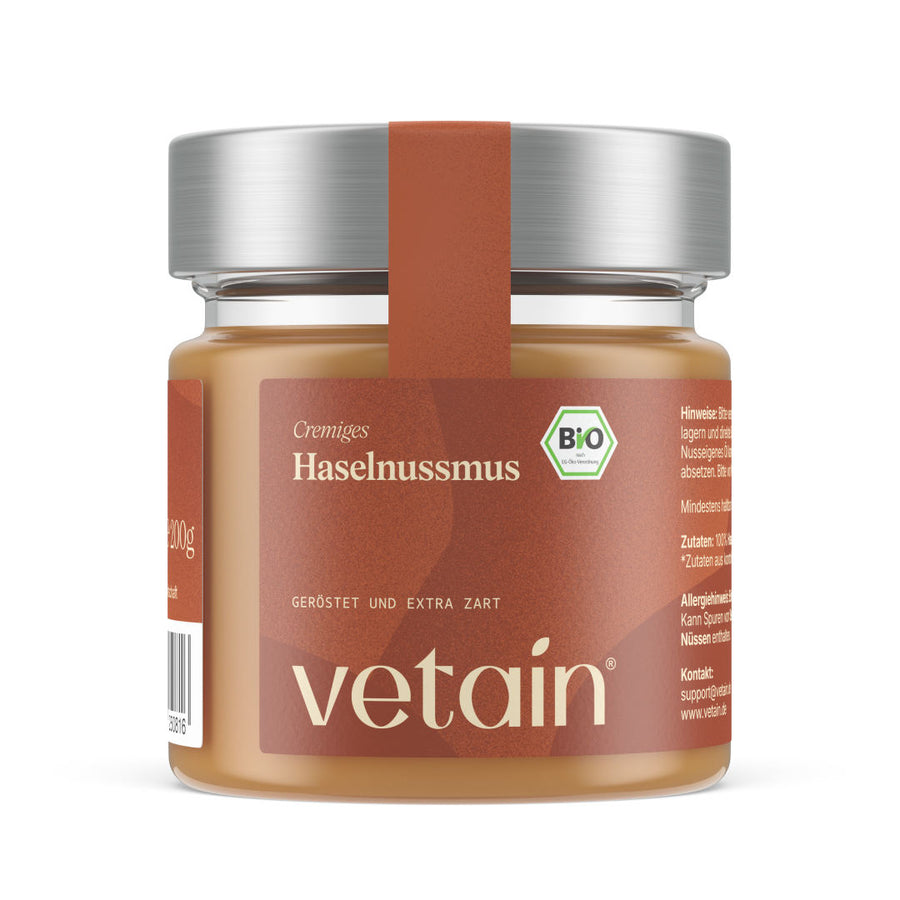If you are a fitness enthusiast and at the same time follow a vegan lifestyle, you are probably wondering how to optimally design your diet to achieve your training goals. A balanced vegan diet can provide the necessary nutrients to fuel your body with energy and important building blocks. In this article, we guide you through the basics of a balanced vegan diet tailored specifically to the needs of fitness enthusiasts.
Understanding Macronutrients
A balanced vegan diet consists of the three main macronutrients: carbohydrates, proteins, and fats.
- Carbohydrates are the body's main source of energy and especially important for endurance & strength training. Good vegan sources include whole grains, fruits, vegetables, and legumes.
- Proteins contribute to the increase and maintenance of muscle mass. Vegan protein sources include legumes, tofu, tempeh, seitan, vegan protein powders, and some whole grains.
- Fats are important for energy supply, the absorption of fat-soluble vitamins, and hormone production. Focus on healthy fats from avocados, nuts (also delicious: nut butter), seeds, and high-quality oils such as flaxseed or olive oil.
Don't Neglect Micronutrients
Make sure you get an adequate intake of micronutrients, which can sometimes be lacking in a vegan diet. These include especially vitamin B12, iron, calcium, zinc, and omega-3 fatty acids. You can ensure this through targeted food choices and, if necessary, supplements. How to get enough omega-3 fatty acids is explained in our article "Omega-3 fatty acids in vegetarian and vegan diets".
Diversity is the Key
A varied diet ensures that you consume a wide range of nutrients. Experiment with different foods and colors on your plate – the more colorful, the better. Try new recipes and foods each week and enjoy the full spectrum of what’s available.
Don't Forget Hydration
Water plays a crucial role for your body. Make sure you drink enough, especially before, during, and after training. In addition to water, unsweetened plant-based milks, herbal teas, and fresh fruit juices can also contribute to fluid intake.
Our tip: A delicious Clear Protein provides both hydration AND protein – win-win!
Meal Timing
The timing of your meals can help you better manage nutrient intake around your workouts. A meal or snack with carbohydrates and protein after training is popular among many athletes and provides your body with the nutrients it needs. An optimal meal a few hours before training also includes a carbohydrate source, some protein, and not too much fat.
Watch Portion Sizes
Eating enough in terms of quantity and calories is important, especially if you train regularly. Vegan foods are often less calorie-dense, so you may need larger portions to meet your calorie needs.
Conclusion
A well-planned vegan diet can provide all the necessary nutrients for fitness enthusiasts. By considering macro- and micronutrients, incorporating a wide variety of foods, and paying attention to meal timing, you ensure a balanced diet. Remember that every body is unique – experiment and find out what works best for you. Stay motivated and enjoy the variety a vegan diet has to offer!
Want more tips and a step-by-step guide on how to implement a balanced diet? Then check out this article: Balanced Nutrition: What It's All About.















 6 Min
6 Min
 Zuletzt aktualisiert am 30.10.2025
Zuletzt aktualisiert am 30.10.2025




